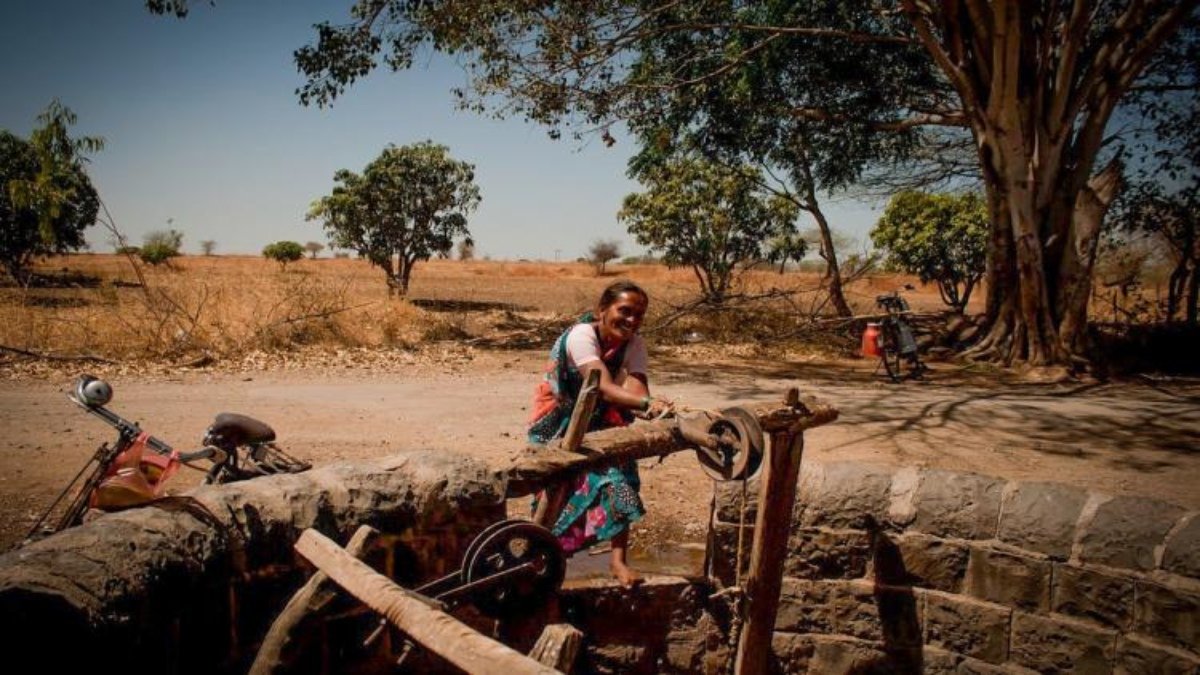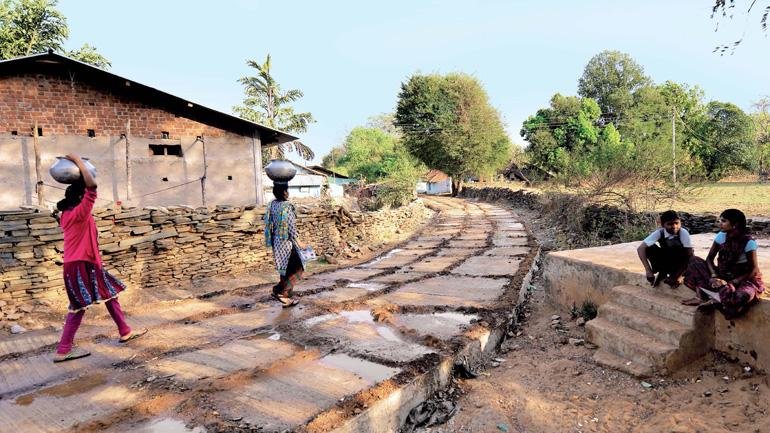- Home
- Temple
- Surila Gurudev
- Activities
-
Events
Upcoming Festivals
- Participate
Landless farmers, who often work as agricultural laborers or tenant cultivators, face significant challenges such as unstable incomes, lack of assets, and limited access to government schemes. Sustainable livelihood programs for this group focus on skill diversification, non-farm employment, and collective empowerment. Initiatives like rural handicrafts, dairy farming, poultry, beekeeping, and agro-processing provide alternative income sources. Government programs such as MGNREGA (Mahatma Gandhi National Rural Employment Guarantee Act) ensure wage employment, while skill training in trades like tailoring, carpentry, and electric repair enhances employability.

o ensure long-term stability, landless farmers are organized into Self-Help Groups (SHGs) and Farmer Producer Organizations (FPOs), enabling collective bargaining, access to credit, and market linkages. Schemes like PM-KISAN and land leasing reforms also help secure their financial rights. Additionally, integrated farming systems and livestock rearing offer sustainable income without land ownership. By focusing on skill-based livelihoods, social security, and cooperative models, landless farmers can escape poverty cycles and contribute to rural economic growth.
